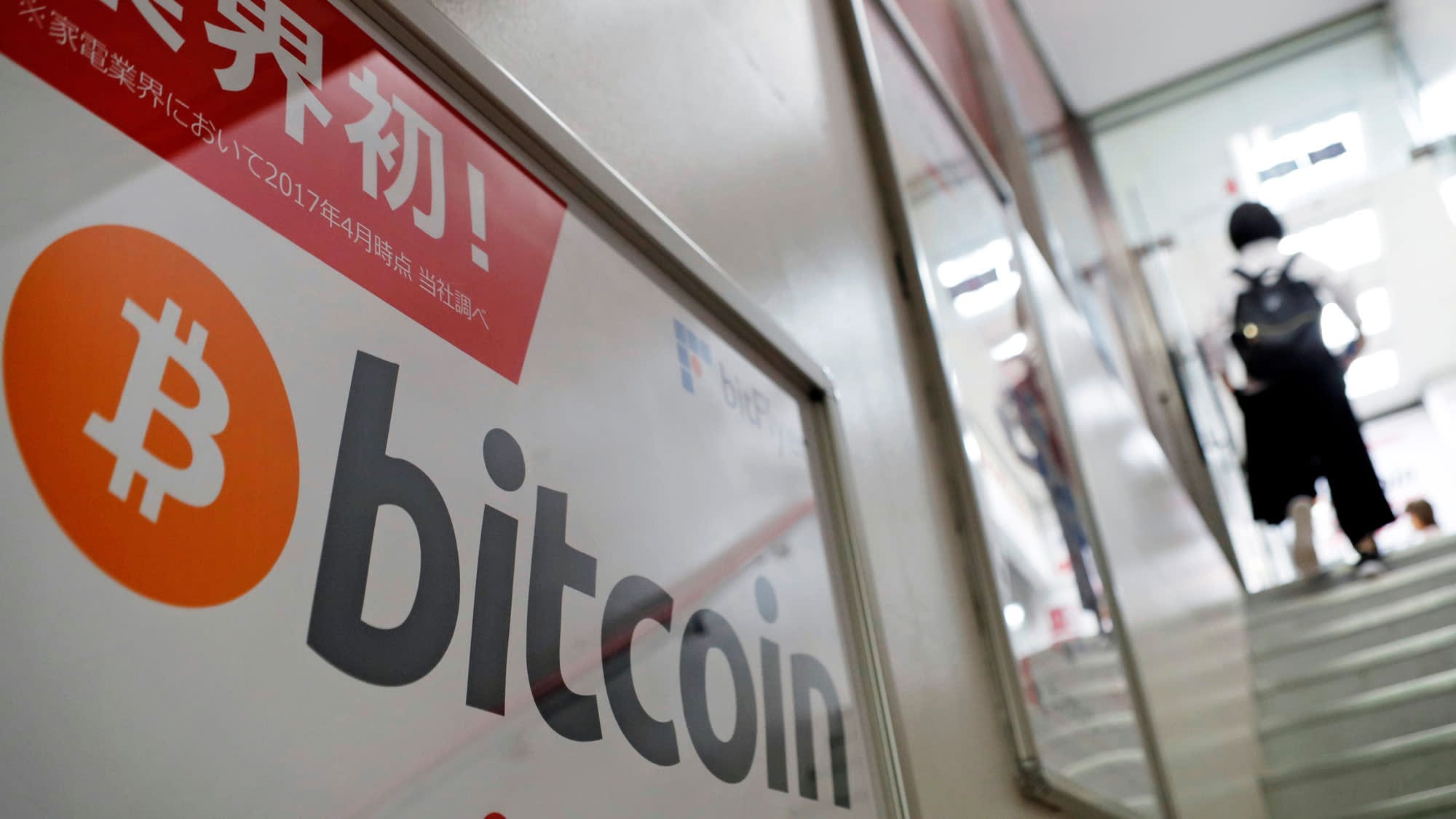Japan Advances Crypto Reclassification to Ease Tax Burdens on Bitcoin and Ethereum Traders

Japan’s Financial Services Agency has signaled plans to reclassify 105 cryptocurrencies, including leading assets like Bitcoin and Ethereum, as financial products. This shift would bring these digital currencies under the oversight of the Financial Products Transaction Act, marking a significant step toward integrating them into the nation’s traditional financial framework. Sources within the agency shared this with Asahi Shimbun Digital, highlighting a push for regulatory clarity in the evolving crypto landscape.
The proposed changes extend beyond mere classification. The FSA aims to advocate for tax rate adjustments similar to those applied in stock trading, potentially slashing the effective rate on crypto profits from the current high levels. Asahi reported that these reforms could take effect ahead of the next financial year, offering relief to traders who have long navigated a complex tax environment.
Stay In The Loop and Never Miss Important Crypto News
Sign up and be the first to know when we publishRegulatory Criteria and Industry Safeguards Take Shape
Under the current system, Japanese residents report cryptocurrency gains as miscellaneous income, subjecting high earners to a 55% tax rate that combines national and local levies. This approach contrasts sharply with capital gains taxation in many peer countries, where rates hover around 20% for similar profits. By reclassifying select coins, the FSA seeks to align crypto taxation with these more favorable standards, fostering greater participation in digital asset markets.
The agency employed a multifaceted evaluation process to curate the list of 105 assets. Factors such as the transparency of underlying projects, the financial reliability of issuers, the robustness of their technologies, and the volatility risks associated with price movements all played key roles in the selection. Officials emphasized that only coins meeting these stringent benchmarks would qualify, ensuring a measured expansion of regulatory coverage without exposing investors to undue hazards.
In parallel, the FSA is preparing to introduce measures curbing insider trading within Japan’s crypto sector. The proposed rules would prohibit individuals or entities connected to coin issuers or exchanges from trading based on nonpublic information, such as upcoming listing announcements or details on an issuer’s financial health. These safeguards aim to bolster market integrity, drawing parallels to protections already in place for conventional securities and building investor confidence.
The timeline for these initiatives aligns with the upcoming national budget deliberations, slated for early 2026. Agency representatives have yet to issue a formal statement confirming the details, but the internal momentum suggests a deliberate progression toward implementation. This coordinated effort reflects broader governmental recognition of cryptocurrencies’ growing role in the economy.
Complementing the FSA’s framework is the Japan Virtual Currency Exchange Association, which maintains its own vetted roster of reliable tokens. Known as the green list, it currently features 30 coins that have undergone rigorous scrutiny by member exchanges. Eligibility requires listings on at least three JVCEA-affiliated platforms, a minimum six-month tenure on one such exchange, and an overall assessment deeming the asset suitable for unrestricted trading.
Bitcoin and Ethereum anchor this list, joined by other established alternatives like Litecoin, Bitcoin Cash, and XRP. The association’s criteria underscore a commitment to stability and accessibility, providing exchanges with a clear guideline for onboarding new assets. As regulatory pressures mount globally, such self-imposed standards help Japanese platforms navigate compliance while supporting innovation.
Recent developments among domestic firms illustrate the tangible impact of these regulatory shifts. Companies like Metaplanet have aggressively accumulated Bitcoin holdings, positioning themselves as corporate adopters in a market ripe for institutional involvement. This pivot signals a maturing ecosystem where clearer rules could unlock further capital inflows and strategic investments.
Other enterprises are following suit, diversifying into altcoins amid expectations of a more predictable fiscal landscape. The FSA’s proactive stance not only addresses longstanding trader frustrations but also positions Japan as an innovative hub for digital finance.

